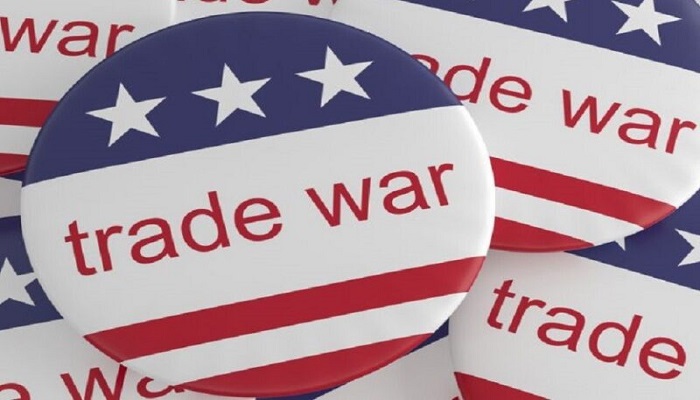PNN – As the US President Donald Trump’s administration imposes economic tariffs, the negative consequences of this action have emerged in global markets.
According to the report of Pakistan News Network, from the CNN news network website, despite all the opposition and threats from other countries regarding the imposition of reciprocal tariffs, Trump finally implemented this plan on a more extensive basis.
The Trump administration today imposed a slew of new tariffs on goods from U.S. allies and adversaries alike.
The US president claims that the goal of this plan is to restore equality and strengthen domestic production in the country.
Among them, goods imported from China account for the largest share of tariffs. Washington announced that it would impose a 104% tariff on goods from this country.
Read more:
Republicans’ concern about the consequences of Trump’s tariff war
Beijing had previously announced that it would retaliate with a 34 percent tariff on American goods. Trump responded by raising tariffs on Chinese goods in a surprise move today.
Last week, when announcing tariffs on goods from many countries, the highest tariffs the United States has had in a century, Trump said: Our country and its taxpayers have been ruined for over 50 years. But this will not happen again.
Economic experts believe that Americans and people around the world are now going to pay a heavy price for this decision. Importers will pay the tariffs, and these costs will often be passed on to wholesalers, retailers and ultimately consumers.
CNN wrote in its report that Trump’s tariffs ultimately threaten to escalate a global trade war. Beijing, which is already planning to intensify its retaliatory measures against Washington, has announced that it will double these measures. China’s Ministry of Commerce also said that the country will fight the trade war “until the end.”
US President Donald Trump called April 2 “Freedom Day” by imposing a global 10% “base” tariff on all goods imported into the United States. He also imposed a 25% tariff on all foreign-made cars imported into the US.
Trump also unveiled a 10% tariff on British goods and a 20% tariff on EU goods at a historic juncture for global trade. The United States will target some countries with much steeper tariffs of up to 50%.
Following this decision, global financial markets reacted negatively, with many stock indices and currency values in Asia and Europe falling. Economic experts have warned that this action could start a period of global recession and rising inflation.

